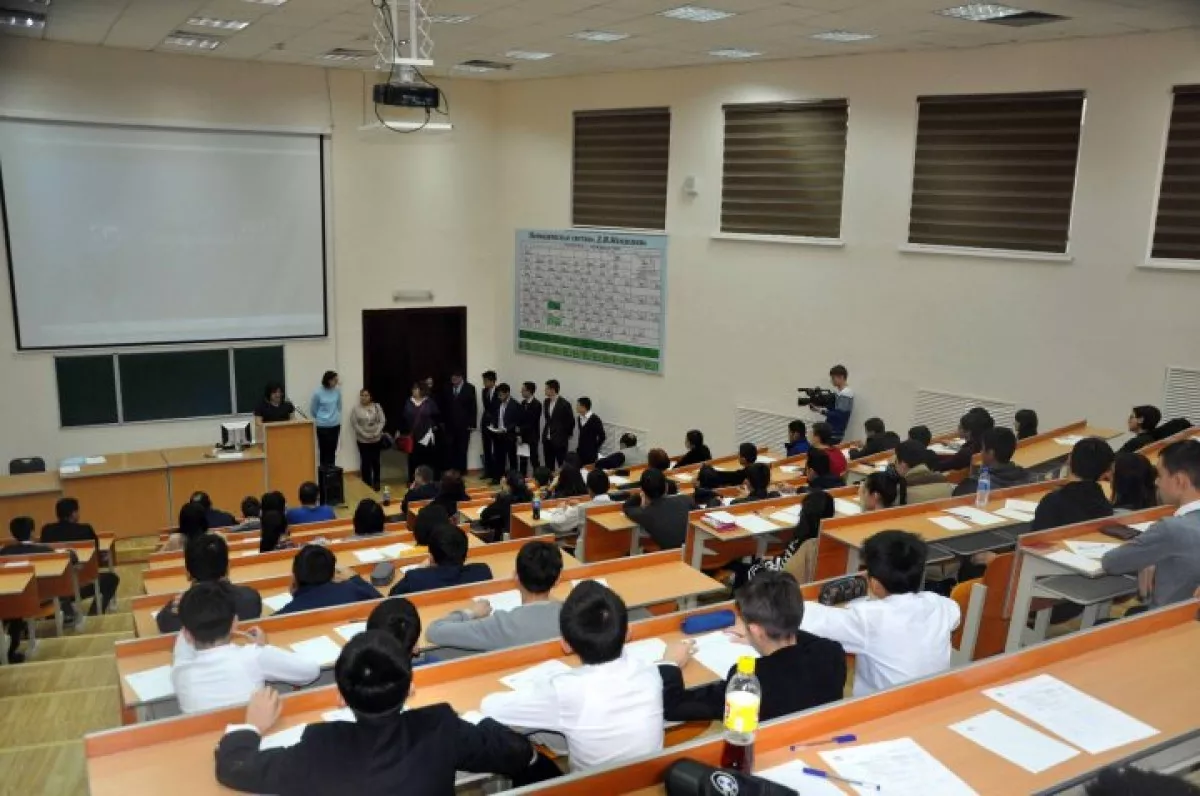Mirziyoyev increased the number of grants for higher education

The President of the Republic of Uzbekistan, Shavkat Mirziyoyev, has approved new parameters for the state order for admission to higher education institutions. This was reported by Upl.uz.
With this decision, the number of grants for bachelor's and master's specialties is significantly increasing. These changes will cover the next four academic years.
Starting from the 2025/2026 academic year, the number of grants for bachelor's programs will exceed 35,500, while nearly 10,000 grants will be allocated for master's programs. In the following years, the number of grants will be gradually increased, which will create additional opportunities for applicants.
According to the decree of the head of state, the main indicators of the state order for the 2025/2026 academic year and the next three years are set as follows. The number of grants for full-time bachelor's education will reach 35,500 in 2025/2026, 36,023 in 2026/2027, 36,460 in 2027/2028, and 36,761 in 2028/2029.
For master's programs, the number of grants will increase to 9,922 in 2025/2026, 10,191 in 2026/2027, 10,477 in 2027/2028, and 10,784 in 2028/2029. The Ministry of Higher and Secondary Special Education will also present proposals for the distribution of additional grants to the state commission.
In particular, 1,320 state grants will be allocated for studying at higher education institutions and their branches abroad, as well as at private higher education institutions operating in the republic. Additionally, 30 state grants are planned to be allocated to create opportunities for compatriots living abroad to study at state higher education institutions.
Furthermore, in cooperation with the Family and Women’s Committee, a special allocation of 4,000 state grants for women will be distributed. These measures aim to improve the quality of education in our country and expand opportunities for young people to acquire knowledge.
The increase in the number of grants provided by the state will enhance competition in the higher education system and positively impact the training of qualified personnel.

